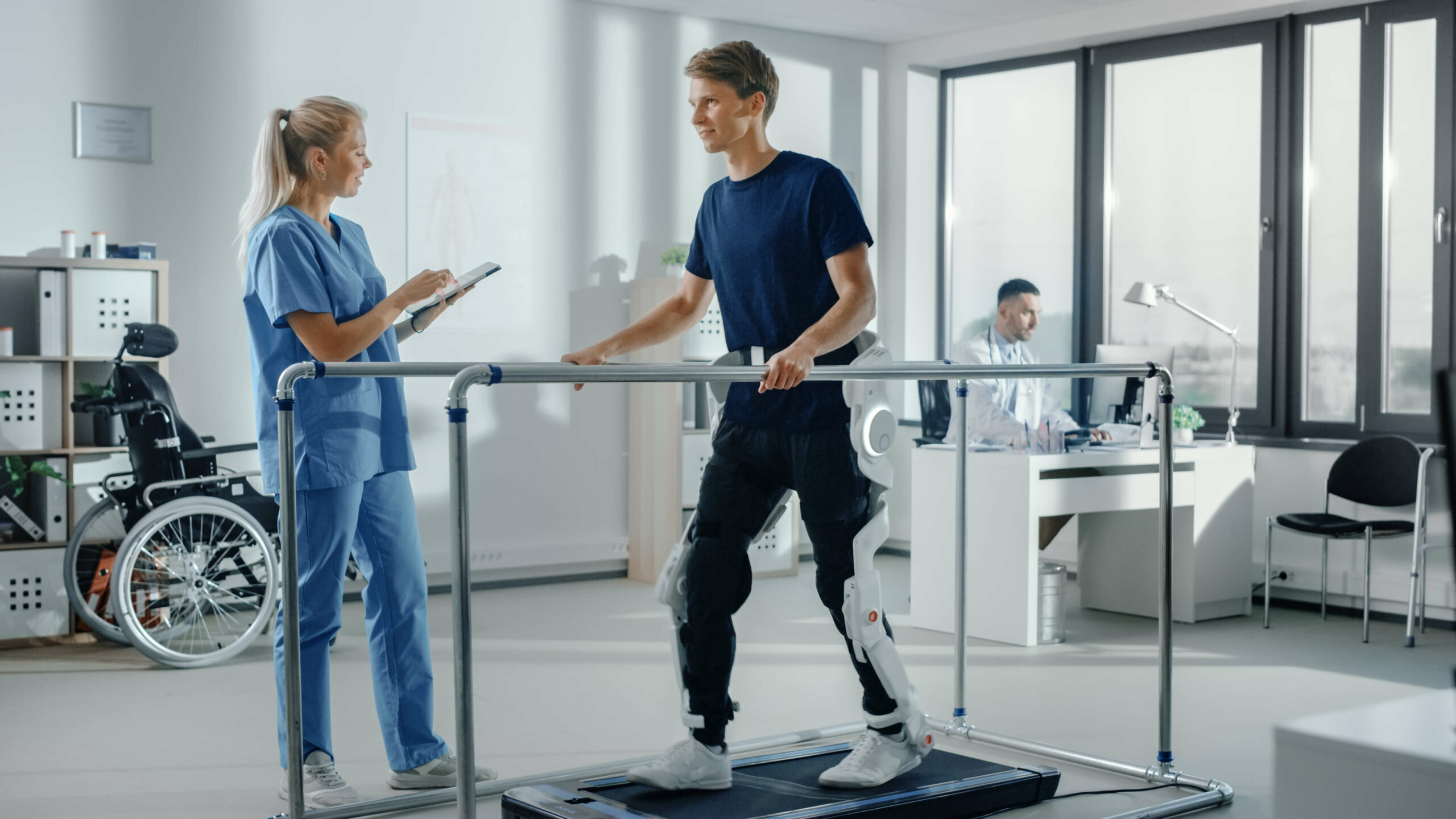Micro and Nano Sensors
Overall Course Objectives
The aim of this PhD summer school is to give you an overview of the state of the art micro and nano sensors such as electrochemical sensors, RAMAN and SERS-based sensors and to give you hands-on experience in sensor fabrication and sensor applications.
Learning Objectives
- fabricate a micro and nano sensor.
- apply micro and nano sensors.
- discuss the opportunities of micro and nano sensors in drug delivery and the biomedical area.
- evaluate strength and weaknesses of different sensor technologies.
- understand the needs from industry when designing and choosing micro/nano sensor technologies.
- plan and test key experimental steps in sensor development – from fabrication to characterization.
- present your own results by poster and scientific pitch.
- actively participate in scientific seminars by engaging in discussions and asking questions.
Course Content
Micro and nano sensors are emerging as promising techniques in for example diagnostics, drug delivery and environmental control. They have the potential to be very small, simple and cheap as they do not require time-consuming labelling by i.e fluorescent markers and bulky read-out units. However, it is sometimes complicated to understand the possibilities and limitations of the individual technologies both in terms of realization and applications.
We will combine lectures on sensing principles and surface chemistry with hands-on laboratory work. You will have the possibility to: 1) fabricate sensors, 2) functionalize sensors, 3) apply the sensors for biological or environmental sensing or apply the sensors in the areas of biological research and/or drug delivery. There will also be a focus on the sensors in the area of drug delivery – a field with a large potential. This course will run in parallel with the DTU Health Tech summer school ‘Drug delivery – using nano and microtechnologies’ with some joined lectures and sessions. Moreover, there will also be focus on career development in academia and industry and inputs from start-up companies.
The experimental work will be performed in teams and the developed technologies will be presented and discussed to discover pros and cons on the various technologies and methods. By the end of the school you will in collaboration with the lecturers and your fellow students have generated an overview of the strength and weaknesses of the different sensors. To pass the course, you must take active part in the group work and in the scientific discussions.
Come and join us in this challenging endeavour!
The course is for PhD students only
Recommended prerequisites
Basic knowledge of microfabrication and surface chemistry
Teaching Method
Lectures, exercises, discussions in groups and in plenum and project work. You need to take active part in lectures, project work and exercises. You are required to present your own field of research as well the results from the project work.
Faculty
Limited number of seats
Minimum: 12, Maximum: 25.
Please be aware that this course has a minimum requirement for the number of participants needed, in order for it to be held. If these requirements are not met, then the course will not be held. Furthermore, there is a limited number of seats available. If there are too many applicants, a pool will be created for the remainder of the qualified applicants, and they will be selected at random. You will be informed 8 days before the start of the course, whether you have been allocated a spot.




